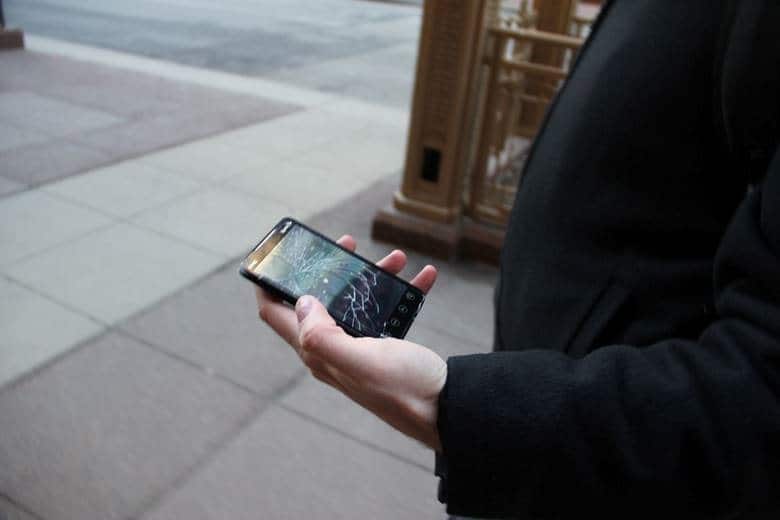The US Copyright Office has issued new regulations expanding consumers’ rights to repair software-enabled devices.
The regulations do this by creating exemptions to the Digital Millennium Copyright Act (DMCA).
The DMCA led to the latest major revisions in copyright law, in 1998. 17 U.S.C. § 1201 makes it unlawful to “circumvent a technological measure that effectively controls access to” copyrighted works.
As the Copyright Office explained in the Federal Register,
Under the statute, to ‘‘circumvent a technological measure’’ means ‘‘to descramble a scrambled work, to decrypt an encrypted work, or otherwise to avoid, bypass, remove, deactivate, or impair a technological measure, without the authority of the copyright owner.’’ A technological measure that ‘‘effectively controls access to a work’’ is one that ‘‘in the ordinary course of its operation, requires the application of information, or a process or a treatment, with the authority of the copyright owner, to gain access to the work.’’
Initially,
Congress observed that technological protection measures (‘‘TPMs’’) can ‘‘support new ways of disseminating copyrighted materials to users, and . . . safeguard the availability of legitimate uses of those materials by individuals.’’
However, many groups argued that these protections have inhibited lawful actions.
Various organizations, including the Electronic Frontier Foundation (EFF), have proposed exemptions that make it easier for people to repair digital devices.
As the Copyright Office noted,
Multiple organizations petitioned to renew the exemption for computer programs that control motorized land vehicles, including farm equipment, for purposes of diagnosis, repair, or modification of a vehicle function.
As this blog noted,
In 2015, tractor manufacturer John Deere made waves for sending its dealers a letter asserting that when farmers repaired their own John Deere equipment, what they were really doing was violating US copyright law. At the time, this came as news to a lot of farmers: as a characteristically self-sufficient community, they’d always repaired their equipment on their own. How did putting a computer on a tractor change this?
The law that John Deere was evoking was the 1998 Digital Millennium Copyright Act (DMCA)…
However, according to this article, the new DMCA exemptions may not help farmers:
Farmers who were hoping for help in their battle with John Deere were disappointed. After spending hundreds of thousands of dollars on equipment, farmers feel they should be able to repair them without going through John Deere. However, the company refuses to give them access to the firmware, parts, and diagnostic tools they would need, and the 1201 exemptions don’t open things up. The new exemptions focus entirely on consumer devices.
Also
Multiple organizations petitioned to renew the exemption for computer programs that control smartphones, home appliances, or home systems, for diagnosis, maintenance, or repair of the device or system…
As the New York Times reports,
Apple delivered an early holiday gift on Wednesday to the eco-conscious and the do-it-yourselfers: It said it would soon begin selling the parts, tools, and instructions for people to do their own iPhone repairs.
It was a major victory for the “right to repair” movement, which has demanded that tech manufacturers provide the necessary components and manuals for customers to fix their own smartphones, tablets, and computers.
Starting in 2022, Apple said consumers would be able to order parts and tools online to fix its newer products. Consumers who sent in broken parts would be able to get credit toward new ones. The program will initially focus on screens, batteries, and cameras.
The Federal Trade Commission (FTC) has also supported the “right to repair” movement, voting to ramp up enforcement against repair restrictions “that prevent small businesses, workers, consumers, and even government entities from fixing their own products.”
The DMCA changes took effect on October 28.
Just like the haiku above, we like to keep our posts short and sweet. Hopefully, you found this bite-sized information helpful. If you would like more information, please do not hesitate to contact us here.


